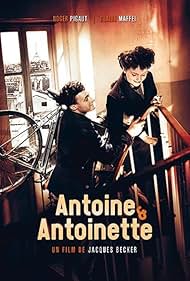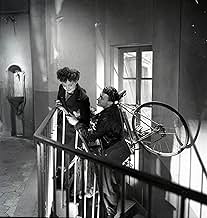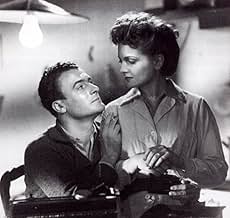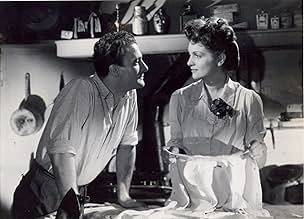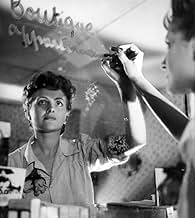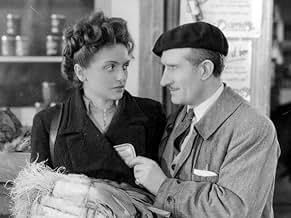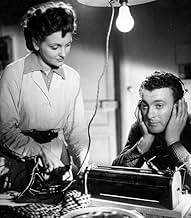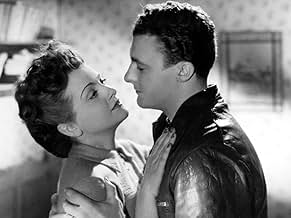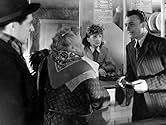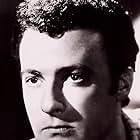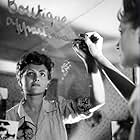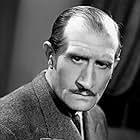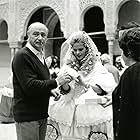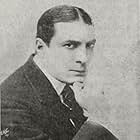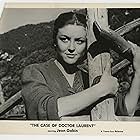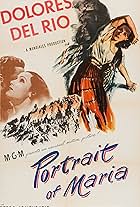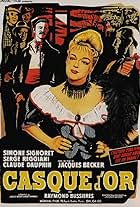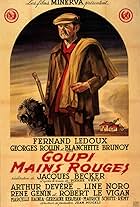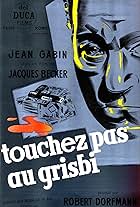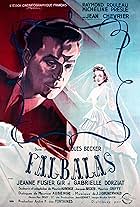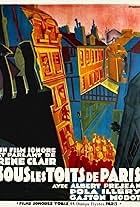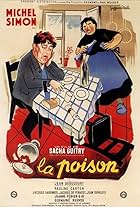The protagonists of Jacques Becker's Paris working-glass comedy is a young couple, the titular Antoine (Pigaut) and Antoinette (Mafféi), he works in a printing press and she in a department store, they don't have much savings and live in a frowzy apartment, but an exuberant sense of community permeates through their ordinary lives, and it is books marred by printing errors, which are given to Antoine gratis by his honcho and then circulated by Antoinette within her circle of friends in the working place and neighbors, that oils the wheels of this affecting community, and Becker's camera swirls and roves with great kinetic ease and facility in delineating this charming facet of quotidian breeziness.
A discordant note is added to the fold from Mr. Roland (a cross-eyed, importuning Roquevert), the proprietor of a local grocery store, who has a design on the comely Antoinette, and cunningly encroaches in front of their doorsteps on the pretense of repairing Antoine's broken bicycle, and his salacious intrusion will in time culminate near the coda with fisticuffs, which is unexpectedly utilized as a coup-de-thêàtre to swiftly shunt the story to an auspicious denouement.
A windfall of nearly 1 million francs lottery win takes the center stage, but it is the lingering trepidation that things will go awry compels us, from Antoine's witching-hour decision to conceal the lottery ticket inside a book, to an expedient retrieval in the morning after, until the hasting incident in front of the metro-ticket wicket, which ineluctably costs him his wallet with the ticket in it. When Antoine slumps into dismay, Antoinette, after receiving the tidings, doesn't act accordingly with the same miserabilism, being a sharp-witted, courageous woman, Antoinette is able to come to terms with the bad news because essentially their life remains as buoyant as the day before they hit the jackpot, nothing changes (save for her job), what dissipates can be viewed as a dashed dream, she has nothing but tenderness toward her blundered husband, this kind of sobriety and rapport, a merit intimates that women are generally more inclined to pull themselves together than the opposite sex, has sustained the film's undimmed appeal decades after.
However, Becker slyly wields his plot-thickening design to create consecutive surprises, the wallet is fortuitously returned, but the ticket is not the same one, a double whammy salted by Mr. Roland's untimely obtrusion, only to yield a subconscious revelation from Antoine that looks strangely rushed and somewhat unreal, still, the two leading players are marvelous together, Claire Maffé exudes a particularly chipper combination of moxie and sensibility and Roger Pigaut possesses a boyish simplicity and petulance that registers favorable impressions. Finally, let's hats off to Becker's adroit story-telling felicity and his profound compassion towards the have-nots, to a filmmaker whose renown would soon be eclipsed by the progressive nouvelle vague alumni before his death in 1960 due to the hereditary hemochromatosis, aged only 53.
